Mato Grosso do Sul, (11 June 2024) – The Pantanal region of Brazil's Mato Grosso do Sul province is currently engulfed in fierce wildfires, with hundreds of firefighters battling to contain the blaze. According to a report by the BBC on Monday, June 11, the fires this year are particularly intense, exacerbated by an early start to the fire season and reduced rainfall.
The Pantanal, recognized as the largest tropical wetland in the world, is facing one of its most severe fire seasons in recent history. Approximately 32,000 hectares of land have already been destroyed in the Mato Grosso do Sul province alone.
Data from Brazil's National Institute for Space Research (INPE) reveals a dramatic increase in the number of fires. From the beginning of 2024 to June 9, the region experienced a 935 percent increase in wildfires compared to the same period last year. This alarming rise in wildfire incidents highlights the growing environmental challenges in the region.
The reduced rainfall this year has left the Pantanal drier than usual, making it highly susceptible to fire. The spread of the fires has been swift and destructive, prompting an urgent and extensive firefighting effort.
Environmental experts and authorities are deeply concerned about the long-term impacts of these fires on the Pantanal's unique ecosystem, which is home to diverse wildlife and plant species. The fires not only threaten biodiversity but also contribute to the ongoing issue of deforestation and environmental degradation in Brazil.
Efforts to combat the wildfires are ongoing, with local and national authorities working together to mitigate the damage and prevent further spread. The situation underscores the urgent need for effective fire management strategies and environmental conservation measures to protect this vital region.



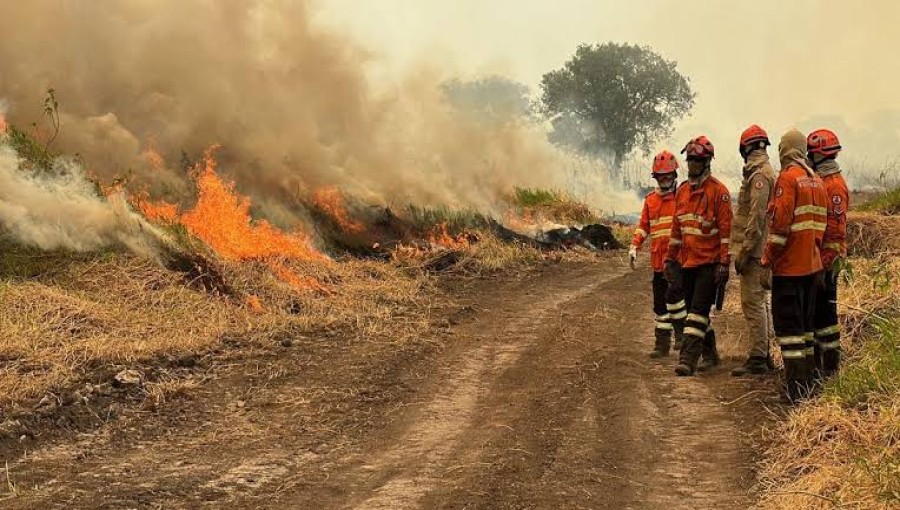





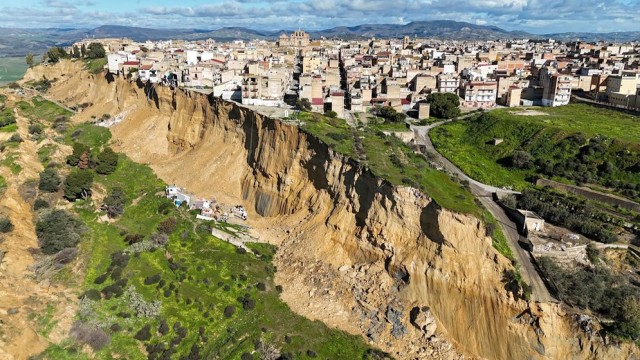

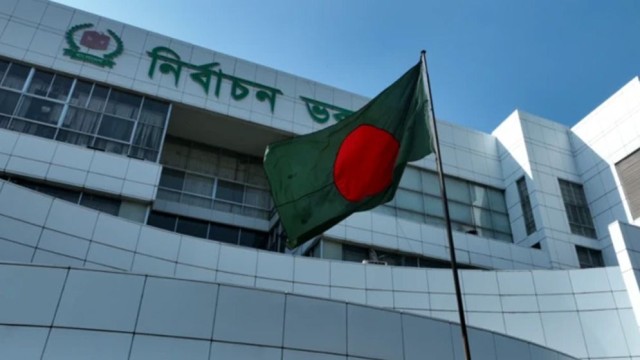

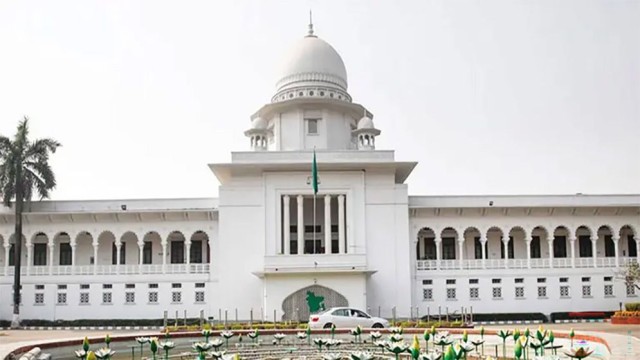







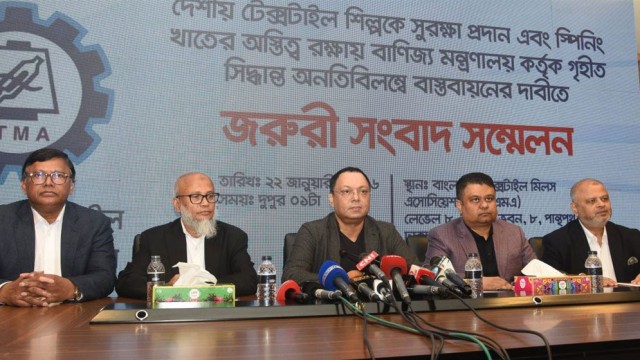

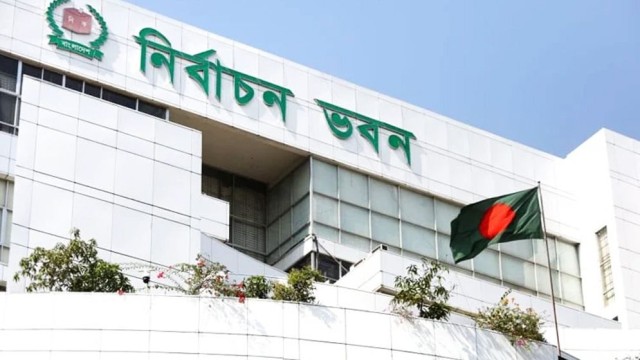



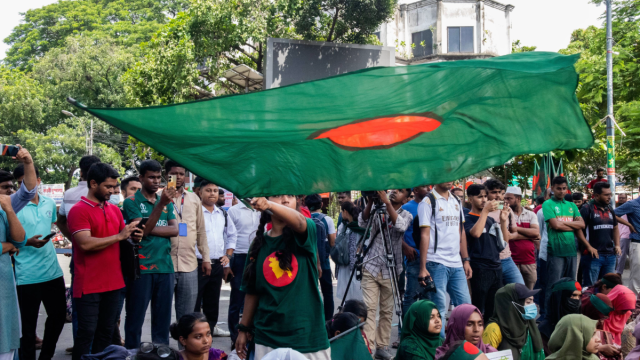
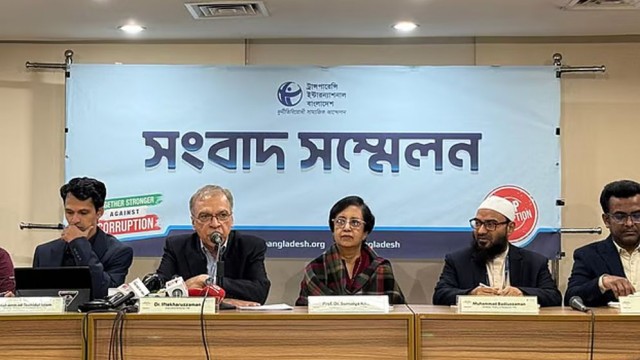
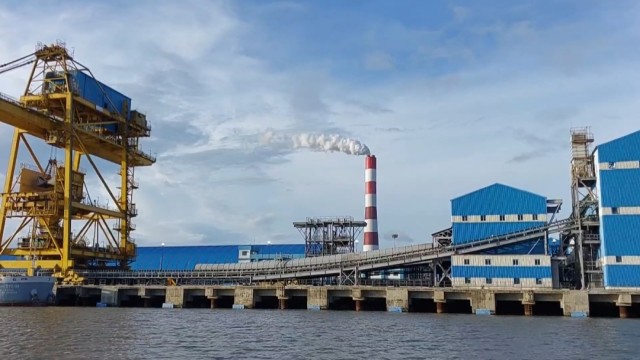

Comment: